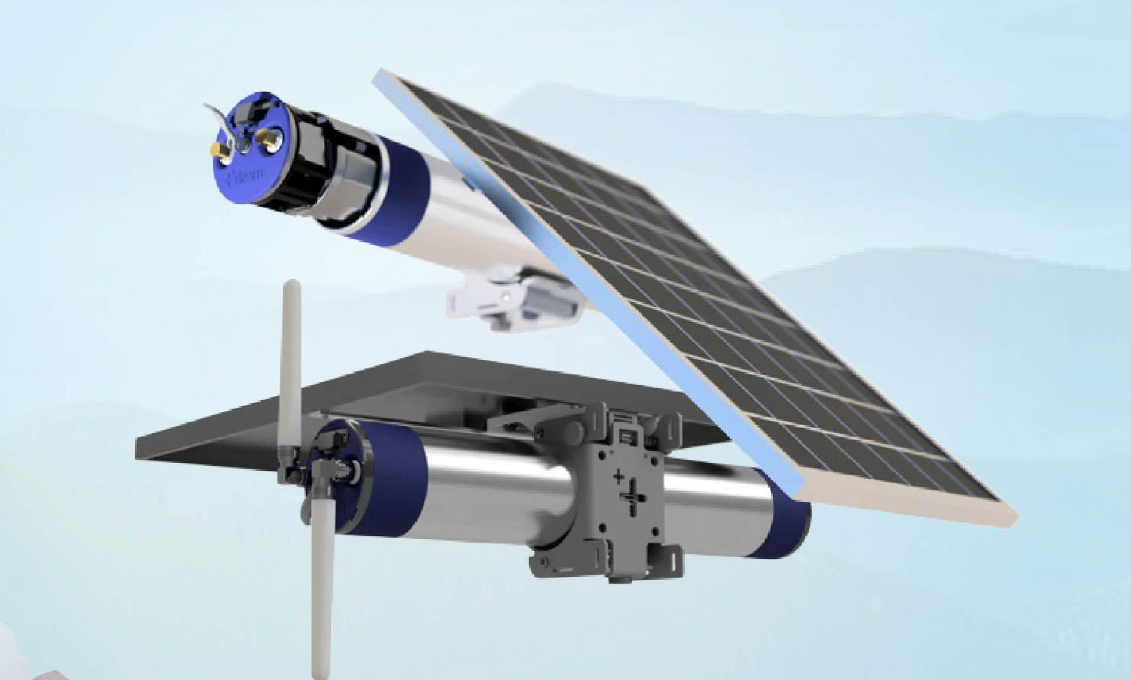
Bridging the digital divide in Uganda
RENU, the Ugandan NREN, has partnered with Mesh ++, a connectivity solutions manufacturer based in Chicago, USA, to manufacture solar-powered internet routers in Uganda, which combine renewable energy from the sun with advanced connectivity technology to deliver an internet access solution like no other.
These will be the first internet routers to be manufactured in Uganda, and they will be accessible to all Ugandans that wish to have stable and affordable internet access in their businesses and homes, without having to worry about cabling, unstable electricity, and the monthly power bills.
Until now, RENU, in pursuit of the goal of uplifting the quality of education and research in Uganda, has provided the research and education community with Wi-Fi connectivity solutions that are highly dependent on electricity, supplied mostly through cables.
The dependency on unstable electric power has been very limiting in many ways, especially in the rural communities. The digital divide in the country is still very big because rural and some urban communities do not have reliable access to affordable electricity and hence have poor or no internet connectivity.
An innovative solution
Uganda faces infrastructure challenges that affect the extension of the electricity/power grid to mostly, the remote areas. RENU’s joint venture with Mesh++ offers a cost-effective solution to this problem. The solar-powered internet routers do not require a power supply from the national electricity grid, and can therefore be deployed in any part of Uganda to deliver high-speed internet connectivity wherever it is required.
The solar-powered internet routers will provide a quick-to-deploy solution that uses a system of movable nodes to bring Wi-Fi to both indoor and outdoor spaces in an eco-friendly manner.
The joint venture aligns with Uganda’s National Development Plan (NDP), especially the goal of increasing ICT penetration and use of ICT services for social and economic development.
Many benefits
It will improve access to reliable Internet in hard-to-reach areas, which will improve the existing education opportunities in the country by providing affordable infrastructure to support modern digital teaching and learning practices, access to e-learning platforms, and education resources, globally.
With easier access to more reliable and stable internet connectivity, the venture.will promote economic growth by supporting Internet-based economic opportunities, that will in turn create more employment opportunities for Ugandans, attract more investors and grow local businesses.
The venture will also improve Uganda’s healthcare system by providing easier access to healthcare resources for individuals that are based in remote areas with limited access to healthcare, and by providing a reliable infrastructure to support remote medical healthcare through telemedicine and research.
The partnership also aligns with Sustainable Development Goal (SDG) 7 which encourages the world to ensure access to affordable, reliable, sustainable, and modern energy for all. Uganda being located at the equator, makes the country an ideal location for solar-powered technologies to thrive. The joint venture will promote more utilization of sustainable renewable energy which will reduce the effects of climate change. Additionally, the joint venture routers are interconnected in a way that requires no opening up of the ground, unlike the older technology-based routers, making the solar-powered routers the most environmentally friendly technology of the current times.
In alignment with Uganda’s industrialization drive, the joint venture is among the initiatives that seek to provide a bridge between academia and industry, particularly in the fields of engineering and computer science. By manufacturing high-tech devices and solutions in Uganda, the partnership provides a platform for higher education students to access manufacturing facilities where ideas from their lectures and classrooms are translated into products.
This is an excerpt of a story first published on the RENU website.
For more information please contact our contributor(s):

